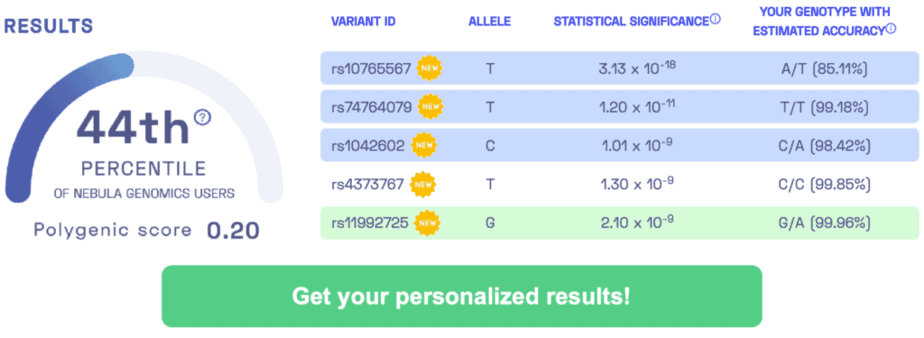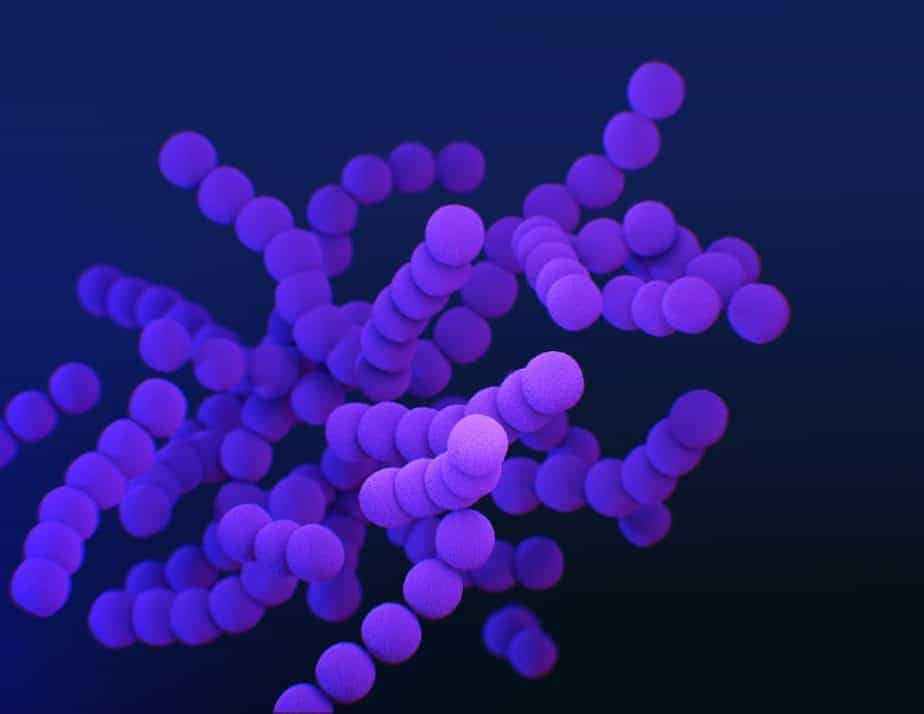STUDY TITLE: Patient genetics is linked to chronic wound microbiome composition and healing
SUMMARY: Identification of 6 genetic variants that explain variation in wound microbiome diversity, a critical factor in the wound healing process.
OVERVIEW: Normally wounds heal in a matter of weeks or months, often forming scar tissue over the site of injury. Chronic wounds are defined as wounds that fail to show signs of healing after a period of 3 or more weeks. Previous studies have shown that a wound’s successful healing is affected by the microbiome composition of the wound. For example, wounds that are predominantly colonized by only a few microbe species (= low microbiome diversity) appear to heal at a slower rate. This study attempted to find genetic markers that are associated with the diversity of microbiomes in chronic wounds. By examining the genetic information of almost 80 patients, the study identified 6 genetic variants that can be used to calculate a polygenic score that explains 53% of the variation in wound microbiome diversity. Many of the variants occur in genes associated with processes involved in wound healing, such as cell adhesion.
DID YOU KNOW? Diet also influences wound healing. For example, vitamin C, commonly found in fruits and vegetables, is needed for the body to create collagen. Collagen is a structural protein crucial for a wound to close and scar tissue to form. Zinc and protein in the diet can also help promote a speedy and successful healing. [SOURCE]
SAMPLE RESULTS: Learn more about the Nebula Research Library.

MICROBIOME DIVERSITY-ASSOCIATED VARIANTS: rs11984782, rs12307988, rs4758411, rs3846499, rs1436708, rs201276730
ADDITIONAL RESOURCES:
How a wound heals itself (Video)
YOU MAY ALSO BE INTERESTED IN:
Atopic dermatitis (Paternoster, 2015)
Psoriasis (Tsoi, 2015)
WEEKLY UPDATE: July 3, 2020
